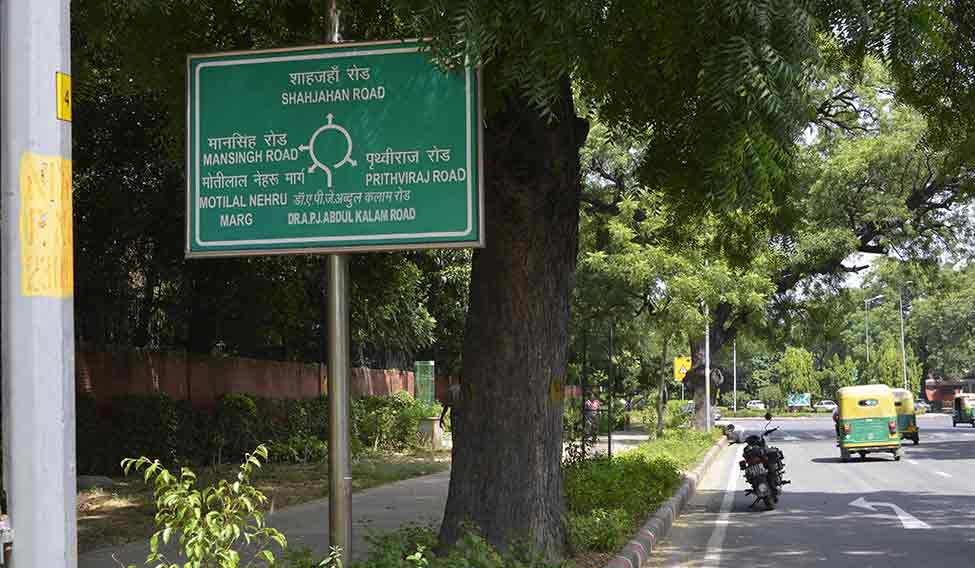The Moving Finger writes; and, having writ, Moves on: nor all thy Piety nor Wit Shall lure it back to cancel half a Line, Nor all thy Tears wash out a Word of it...” wrote Omar Khayyam in Rubaiyat.
History may be recorded only once, but its presentation can vary depending on perspective. That the perspective would change with power shifts is predictable to those in the know. But if you were to look at history from a schoolchild’s perspective, wouldn’t you be rather flummoxed? Till last year, the man who was hailed as Chacha, the first prime minister of India and whose birthday was celebrated as Children’s Day, has been expunged from school textbooks in Rajasthan. Delhi, the erstwhile seat of Mughal power, now remembers only five of the mighty ones, Aurangzeb’s name has been removed from a leafy avenue once named after him, now replaced by A.P.J. Abdul Kalam’s. That Aurangzeb left no mighty monument and lies buried in obscurity in a distant nook of Maharashtra helps suppress any lingering memory of the ruler. Meanwhile, several ‘other’ heroes and leaders, ranging from Maharana Pratap to Madan Mohan Malaviya, are now finding mention.
“It was bound to happen. The previous presenters of history perhaps went to the other extreme, for instance, by underplaying the role of violent revolutionaries in the freedom movement,” says Rohit Wanchoo, who teaches history at Delhi’s St Stephen’s College. “The present government waited a long time for its turn. But it’s one thing to give regional heroes and movements national space, another to eliminate historical characters entirely.”
Some years ago, all this may have created much confusion in a student’s mind, but textbooks are no longer the sacred sources of knowledge they once were, says Wanchoo. So when the controversy over ancient Indian science broke out at the Indian Science Congress last year, most of those who were interested read up from various sources and arrived at their own conclusions.
The official version is one thing, the ‘histories’ created online entirely another matter. Anything passes off as history, and goes viral. Nehru is a favourite of these history creators, who have given him a fresh ancestry in every new tale. But there are others, too, whose histories get new shape with every retelling. This is where history could get extremely confusing.
Indian mythologies have everlasting appeal, largely because the characters are so human, their personalities multi-layered. But present-day Indians (aided by politicians) have formed a habit of slotting people as heroes and villains. Shades of grey in a popular historical figure have us raging over insult to history, while any hint of goodness in a historical badman upsets our sensibilities. Add to it ‘our heroes’ and ‘your heroes’, and history does become a tug-of-war. Subsequent powers that be can continue rewriting the Game of Thrones, bringing in new characters and obliterating old ones. “Times are changing, though. People are not so naive, the gap between heroine and vamp has narrowed even in Hindi cinema, and students are no longer passive recipients of knowledge,” says Wanchoo.







